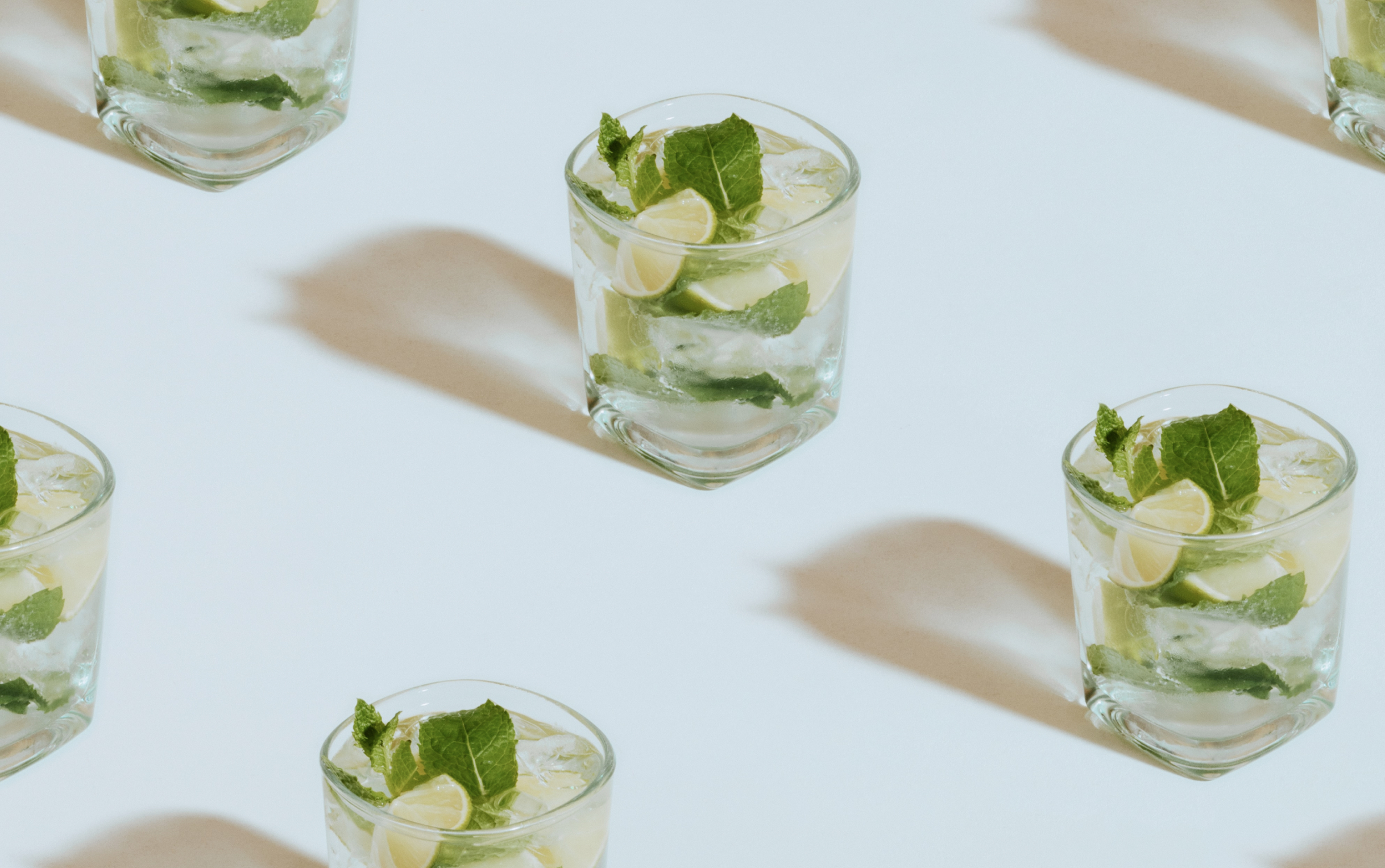lifestyle
Do Vitamins Work for a Hangover? A Simple Guide
On This Page

While no vitamin can actually cure or prevent hangover, there are several supplements that can help support your health if you often have one too many drinks.
Drinking too much alcohol can lead to the not-so-great experience known by many: the hangover.
A hangover happens after you drink too much alcohol and feel nauseous, fatigued, headache-y, and even throw up the next morning. So it’s not surprising to know that people are often trying to find a way to diminish the severity of a hangover or avoid it altogether.
Unfortunately, there is no magic pill that can make your headache go away or prevent you from getting one in the first place. But various vitamins and supplements may play a key role in supporting your health, particularly when it comes to the dreaded hangover.
What causes hangovers?
Simply put, hangovers are caused by drinking too much alcohol. There is no formula for determining just how much alcohol causes a hangover for each individual person but generally, the more alcohol you consume, the more likely you are to experience a hangover the next day.
Besides alcohol itself, hydration (or the lack thereof) is one of the biggest culprits for a hangover.
Alcohol is a diuretic which means that it causes your body to lose water. On top of this, alcohol depletes essential electrolytes in our system that are responsible for maintaining the fluid balance in your body and helping you stay hydrated. Drinking water may also not be top of mind if you're drinking alcohol which can also impact your hydration and cause you to feel the effects of alcohol.
Can vitamins cure a hangover?
Even if vitamins and supplements cannot cure a hangover, they can help replenish your stores of essential vitamins and electrolytes and help you maintain an overall wellness.
What vitamins can help with hangovers?
You’ve probably heard of some wacky hangover cures like drinking pickle juice or eating saltine crackers. Most of these don’t have any evidence of actually curing a hangover but may be based on some vitamin wisdom — particularly replenishing key minerals and nutrients depleted after a night of drinking.
While no vitamin can cure a hangover, there are several that can help support your health if you often have one too many drinks.
B Vitamins
B vitamins are essential for the brain and nervous system. They are important in helping you produce energy, creating red blood cells, and supporting neurological function and chemical signaling.
Frequent alcohol consumption can deplete B vitamins, particularly vitamin B1 (thiamin), vitamin B6, vitamin B12, and folate. So if you're drinking a lot of alcohol, it may be beneficial to supplement with B vitamins. You can look for either a vitamin B-Complex which combines several of the B-Vitamins into one pill or you can supplement with a standalone vitamin B12.*
Multiviatmins
Drinking alcohol regularly can deplete important nutrients in your body like B vitamins, folate, and magnesium. If you frequently consume alcohol, you might consider taking a multivitamin or multivitamin with iron to make sure you’re getting the necessary vitamins and minerals your body needs for overall health.*
Milk thistle
Milk thistle is often used to help support healthy liver function. Research has shown that it may reduce free radicals, which are produced when your liver metabolizes toxic substances like alcohol.
While clinical studies are mixed, milk thistle has a rich traditional history for liver health. Milk thistle has been used in traditional medicine for over 2,000 years and the Roman naturalist, Pliny the Elder, even spoke about it’s beneficial effects in the first century.*
Vitamin C
Research has shown that drinking can negatively impact your immune system by suppressing normal immune responses. If you often drink it may be a good idea to supplement with Vitamin C, a powerful antioxidant that plays a major role in supporting your immune health.*
Magnesium
Magnesium is an essential mineral for over 300 reactions in the body and research shows that people who consume alcohol frequently are at a higher risk for magnesium inadequacy or deficiency. Magnesium is also a type of electrolyte (AKA a salt or mineral that controls electrical impulses in the body) which impacts hydration. Since drinking too much can deplete essential electrolytes (like magnesium) in our systems, this in turn can have an effect on your hangover.*
Elecrolytes
Alcohol consumption increases the body’s urine output and can result in sweating, which can impact the body’s hydration and electrolyte balance. Electrolytes replenish key nutrients that can be depleted during alcohol use (sodium in particular) and can help with hydration. It is important to replenish your electrolyte stores if you have been drinking recently or if you drink frequently.*
While supplements may help replenish lost nutrients, overall, the best way to prevent a hangover is not to over consume in the first place.



